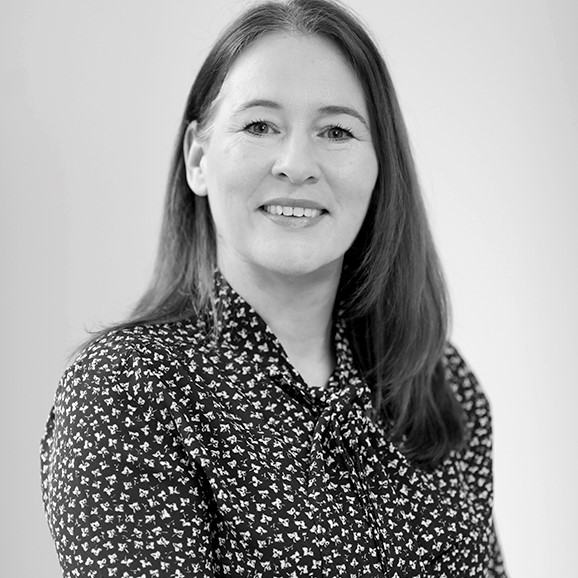
Written by:
Emma Abbott
Article read time:
2 minutes
Emma joined CFG as Communications Manager in September 2020. She has more than 20 years’ experience working as a trade journalist and communications specialist across a wide range of sectors and professions.
Before joining CFG, Emma ran her own freelance business and was a senior editor for a publishing and digital agency specialising in member communications. Prior to her time agency-side, she was Communications Manager at a large transatlantic membership organisation.
CFG’s new Turnaround Special Interest Group held its first meeting in March and welcomed insolvency experts from FRP Advisory to share their insights and knowledge.

When the national counselling charity Relate went into administration in 2024, it was a race against time to save it from collapse. Working under an accelerated timescale and limited cash runway, the business and assets (including the IP and brand) were acquired by Family Action, saving nearly 200 jobs.
The story of how the charity was rescued was shared by Phil Reynolds and Warren Brooking from FRP Advisory at the first event of CFG’s new Turnaround Group on Wednesday 12 March.
More than 25 CFG members attended the online meeting to gain insights into what happens when a charity heads into a turnaround situation.
Phil opened the presentation by explaining how trustees are uniquely positioned in that they must carry out their duties under both the Charity Act and Companies Act, and that it’s vital for directors to understand their duties.
He went on to talk about the key period prior to an administration process and cited the case of BTI v Sequana (2022) which established the triggers that can switch trustees’/directors’ duties from focusing on the best interests of the charity to the interests of its creditors. He called this key period ‘The Zone of Insolvency’.
After a fascinating look at Relate’s turnaround, Phil and Warren shared advice on how trustees and finance leaders can survive a turnaround situation. Tips included:
- Seek specialist professional advice early. Even a couple of months can make a significant to the outcomes.
- Meet regularly with the Board. Quarterly meetings with the Board may not be sufficient as financial performance can materially deteriorate in the interim period and leave the Board exposed.
- Document everything. Making contemporaneous and comprehensive notes is important. It will help an appointed administrator/liquidator assess whether you were carrying out your duties competently, should they need to.
- Present financial information to the Board regularly, including cashflows, costs and income. Be mindful that not all trustees are financial experts. Share the information in a user-friendly and clear format that makes good use of visuals such as infographics.
- Restricted funds can present a risk. Ensure these aren’t being used for general purposes. Ensure that the proper accounting controls and disciplines are in place. Directors can be personally liable if they are used incorrectly.
- Have a multi-layered strategy. Have a plan for all scenarios and outcomes. Ask difficult questions and challenge current assumptions. It can be too easy to be overly positive.
- Speak to your creditors and ask for breathing space. Being honest about the situation can help, and goodwill can go a long way particularly with suppliers and funders. HMRC can be amenable too. “If you don’t ask, you don’t get!”
With thanks to guests Phil Reynolds and Warren Brooking from FRP Advisory for attending the Turnaround Group meeting and sharing their insights and knowledge. Thanks also to Sue Hall for chairing the event. We look forward to the next (date tbc)!
If you would like to find out more about that CFG’s Turnaround Group, please email Zoe Bennett who will be only too pleased to help.